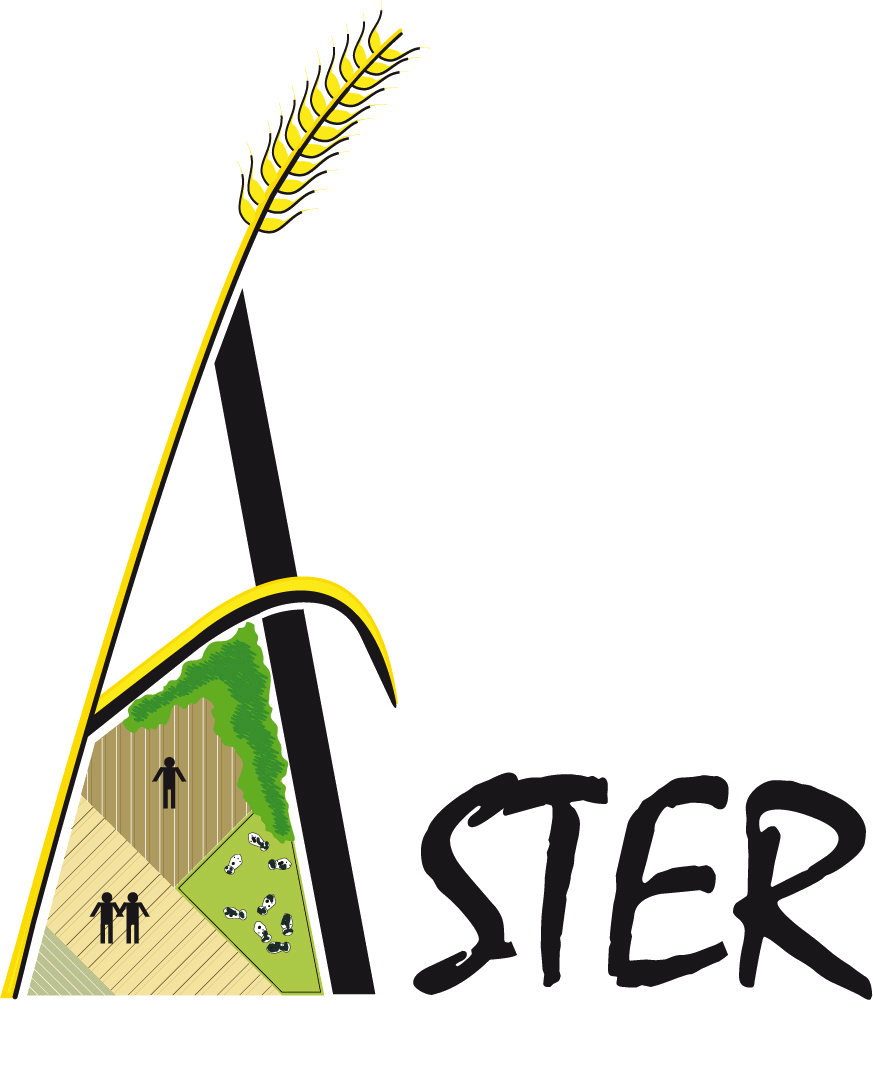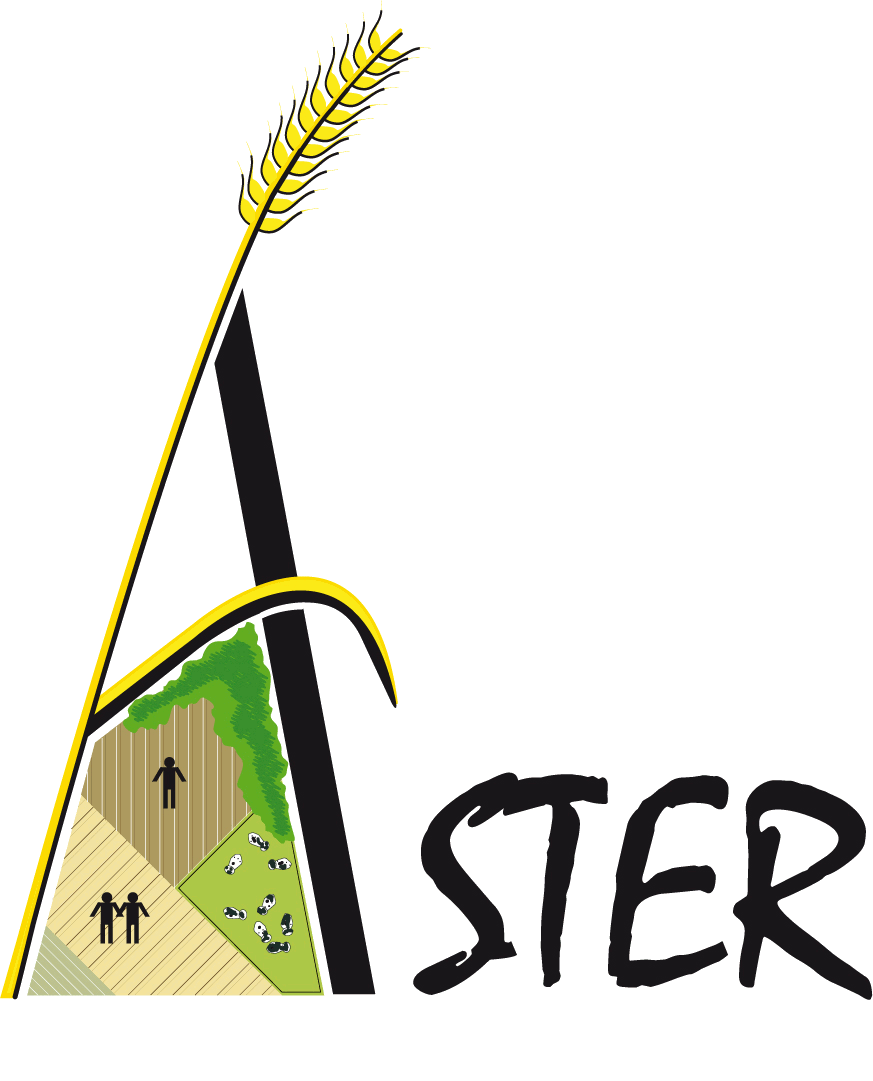Food territorialisation by the means of cross-border cooperation: experiences from the Greater Region
Résumé
The internationalisation and territorialisation of resources constitute a problematic pairing and doesn’t seem conducive to agro-ecological transition and agri-food territorialisation objectives (Hamman and Ruß-Sattar, 2018). However, with the agricultural charter of the Greater Region, TRANSAAT project assumes that cross-border cooperation is an operational lever for agri-food systems territorial anchoring. This research-action explores 6 Territorial Food Projects (TFPs) in the French Grand Est region, 4 Walloon Food Policy Councils (FPCs) and 2 Luxembourg FPCs, chosen for their cross-border/transnational links. In this perspective, we propose an agricultural and food cooperation chronology in the Greater Region, since this charter’s signing (analysis of grey literature and interviews).
In addition to public action mechanisms, partnership research leads us to compare them with project approaches. This involves three case studies: the INTERREG AROMA (2018- 2022) research project for the regional supply of collective catering; the project between
the Cross-border Natural Territory (TNT) association and the European FUSILLI research project (2021-2024) in Differdange (LU), involving the municipal purchase of foreign land to replace a landfill project with transnational market gardening and arboriculture; the abandonment of a cross-border slaughterhouse project in Illange (FR). Telling these cross-border initiatives story’s sheds light on the obstacles to the full/partial achievement of their ambitions in terms of projet-objet (Pinson, 2005): localism-regionalism-nationalism, oligopolistic market positions, heterogeneity of national regulations or local practices, divergent values and incomplete institutionalisation. However, through these projet-processus (id.), collective learning emerges that enables the continued development of innovations, in order to negotiate
borders specified as resources: for example, the derogatory sanitary regime for the transport
of animal carcasses in the Greater Region. The goal of TRANSAAT will be to identify if and
how TAPs and FPCs could be areas of opportunities and experimentations for removing the
factors identified in the cited projects that prevent accessibility through greater organised
proximity.
Fichier principal
 TRANSAAT-Disrutpive Borderlands_cross border cooperation_2024-09-03.pdf (1.66 Mo)
Télécharger le fichier
TRANSAAT-Disrutpive Borderlands_cross border cooperation_2024-09-03.pdf (1.66 Mo)
Télécharger le fichier
| Origine | Fichiers produits par l'(les) auteur(s) |
|---|





